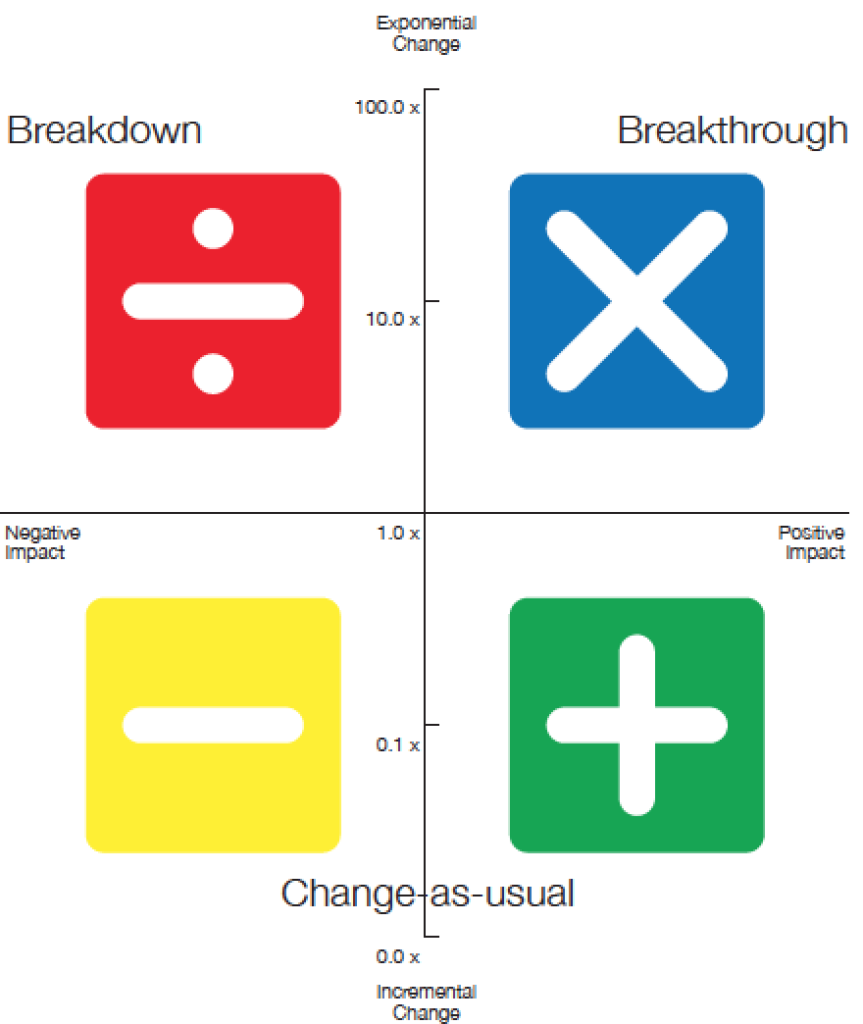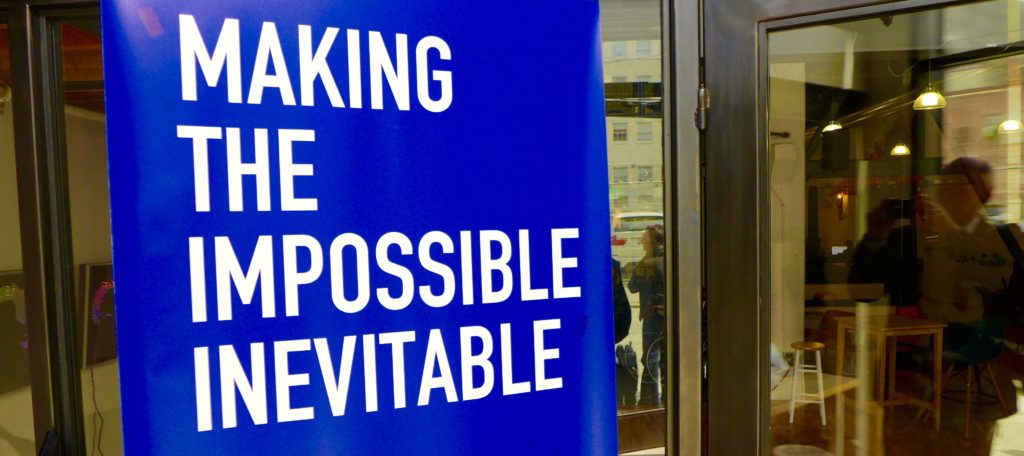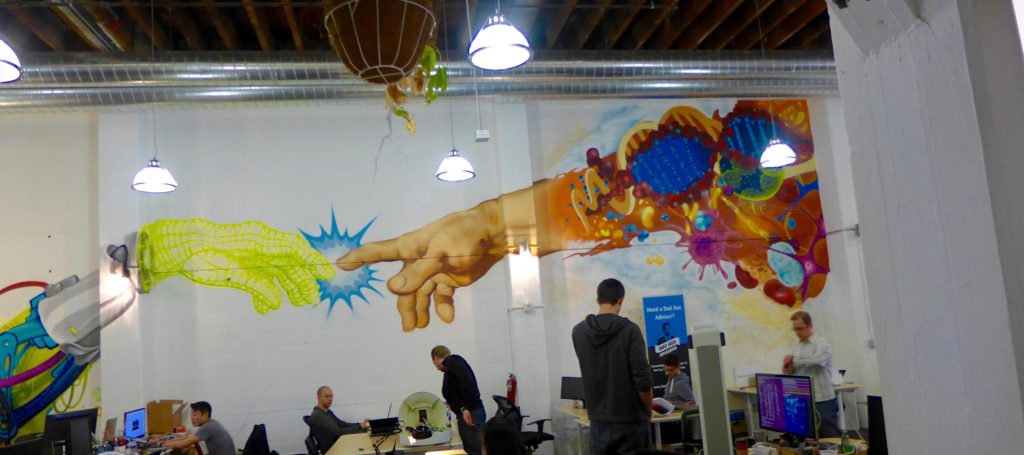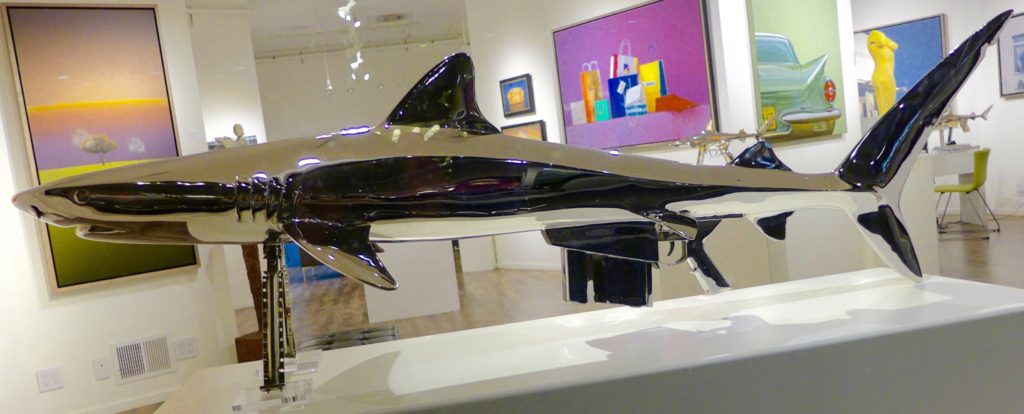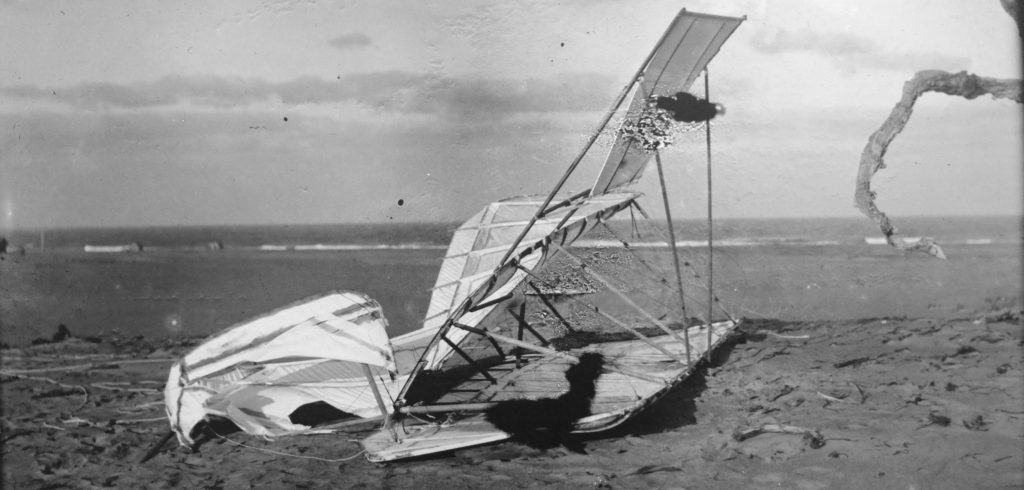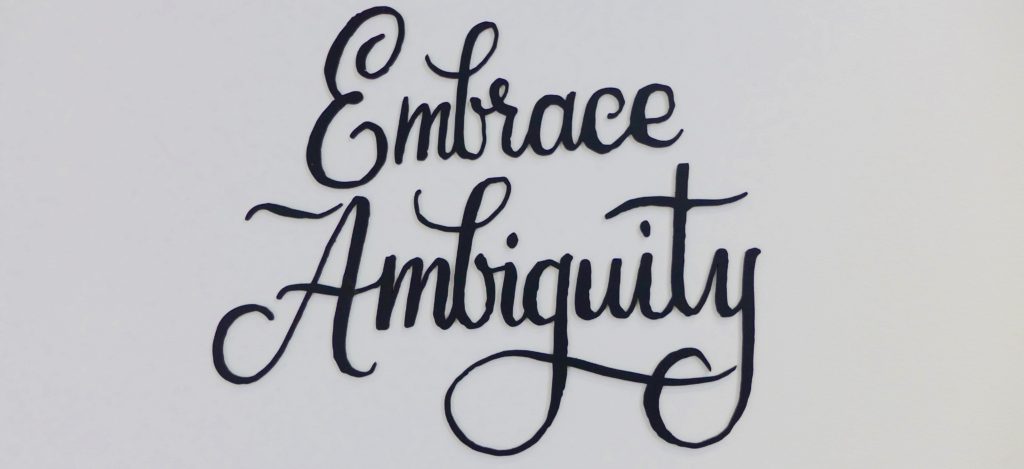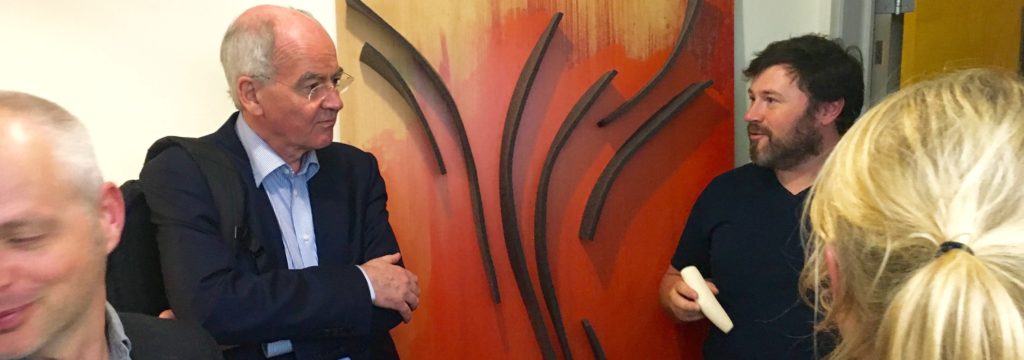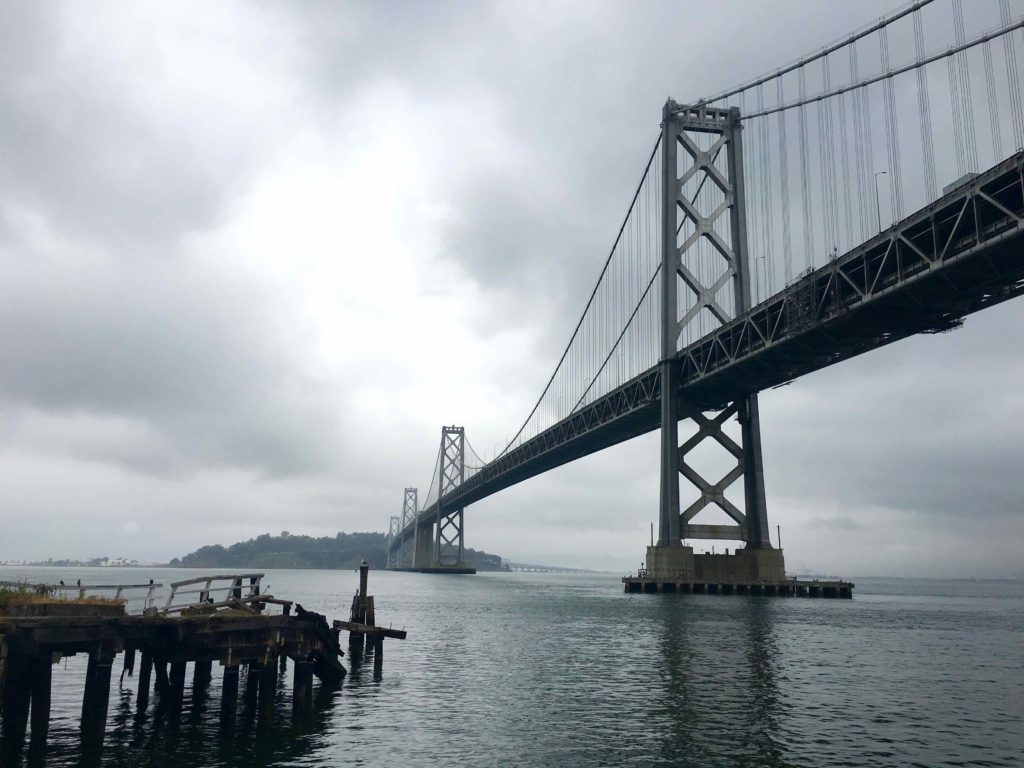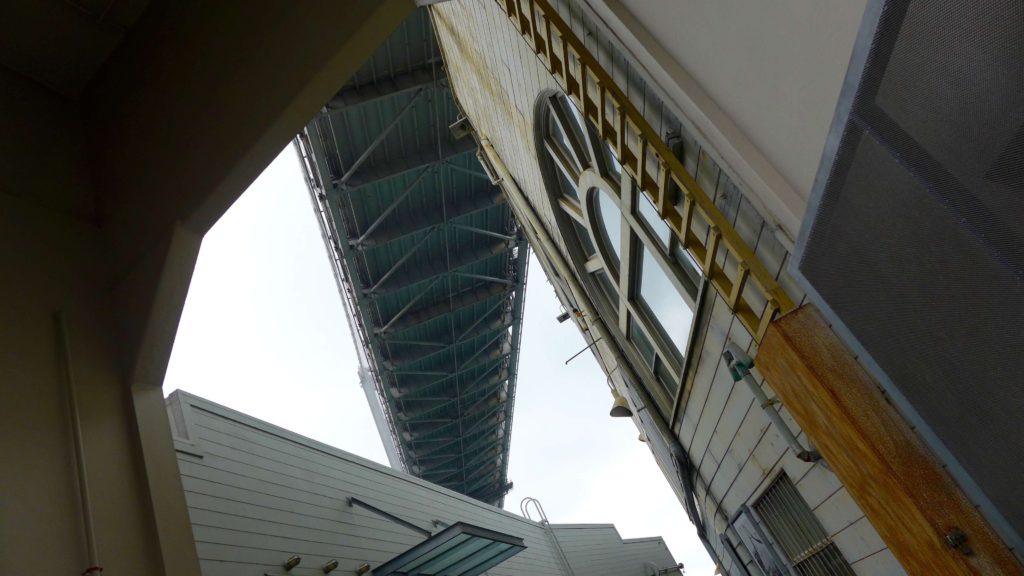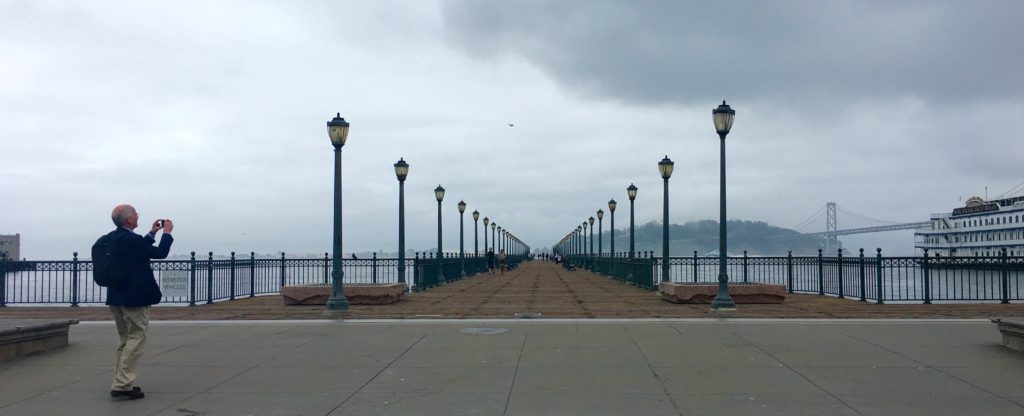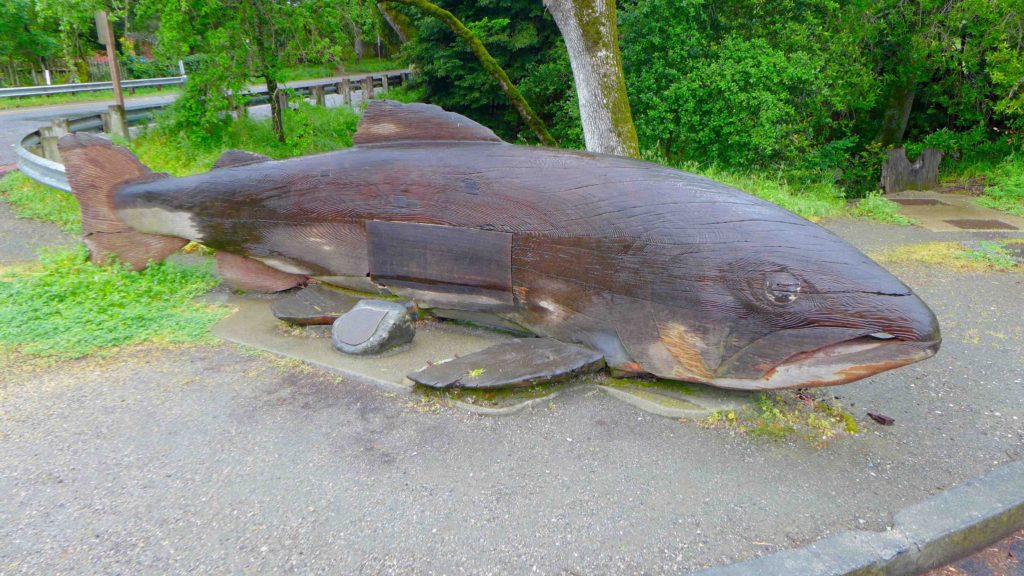
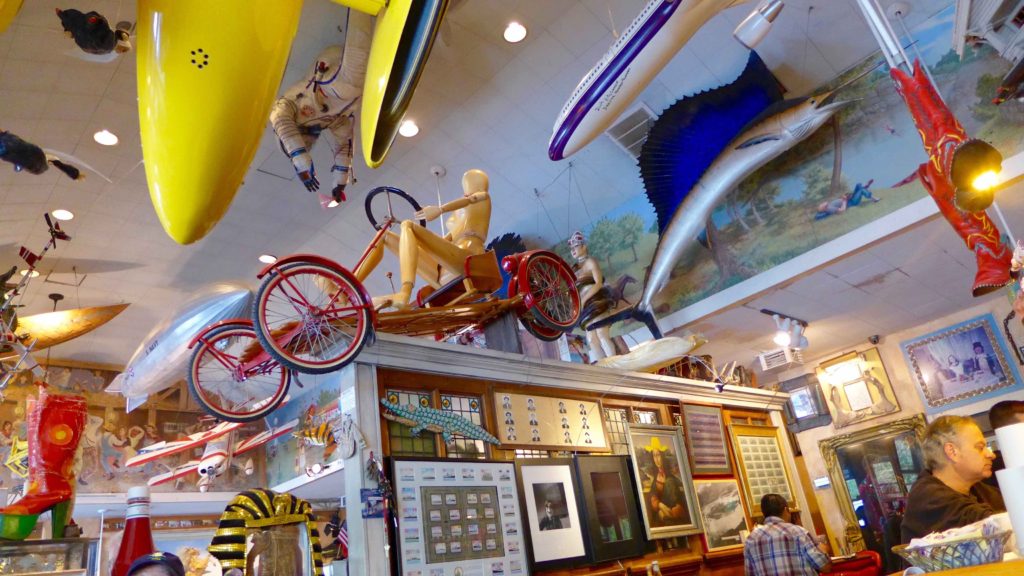
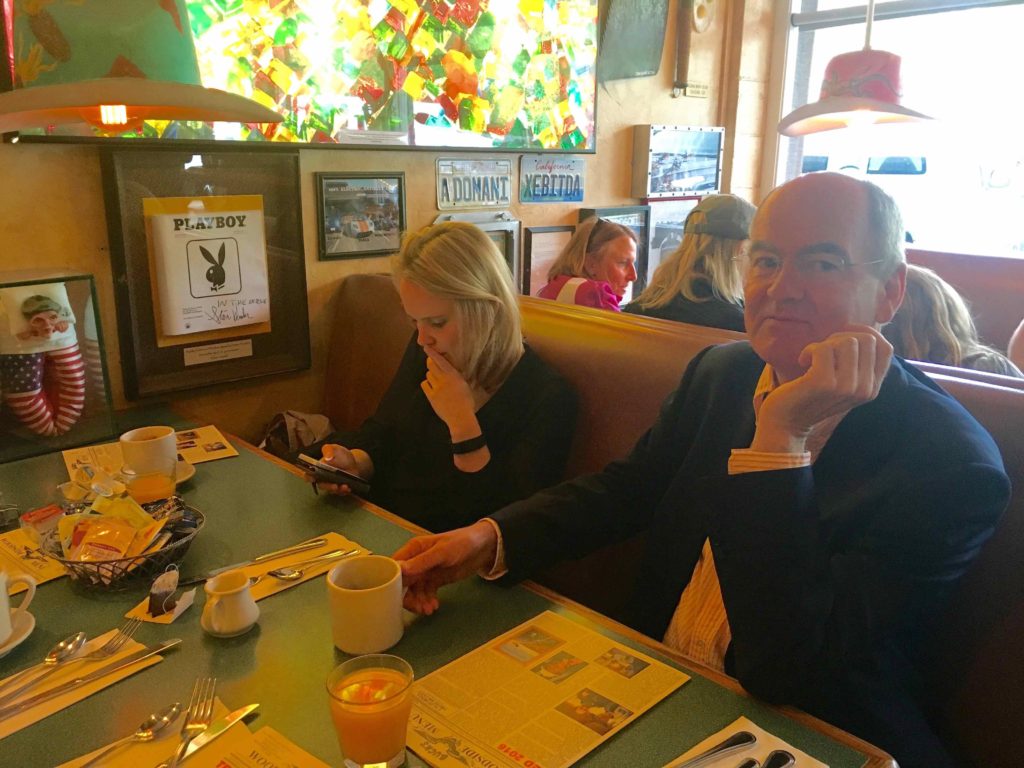
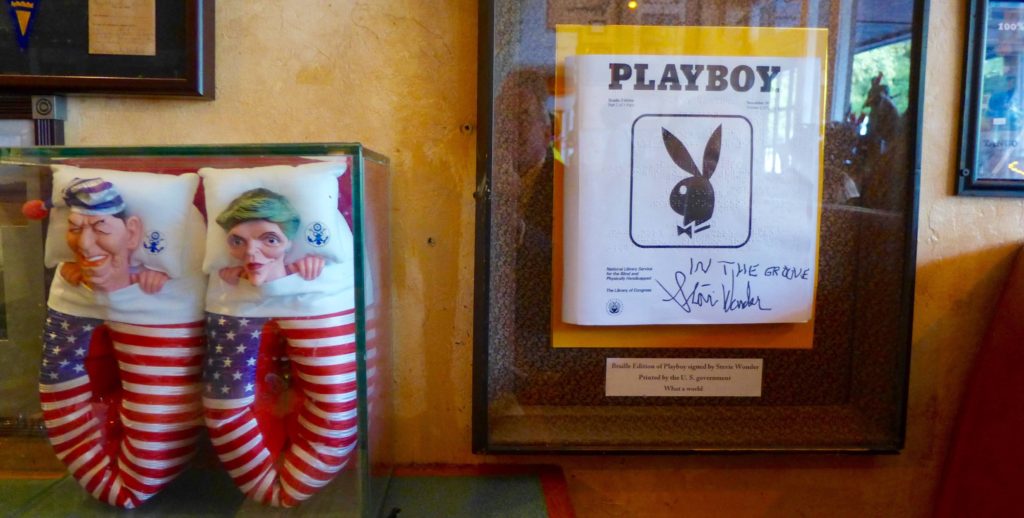

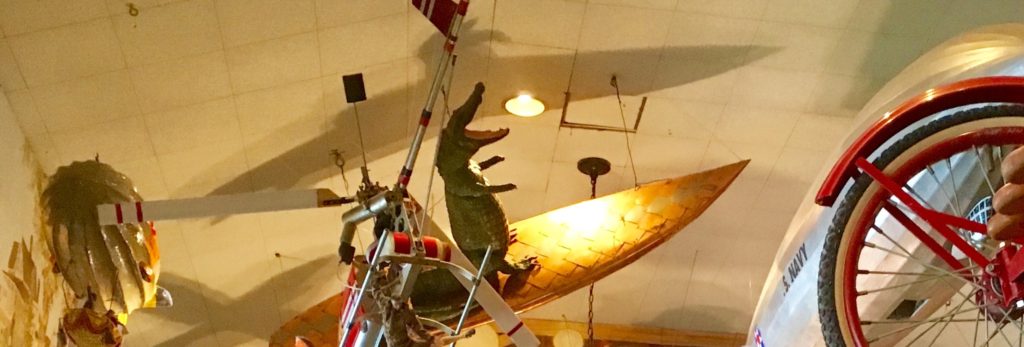
The landscape, which I’m used to seeing golden, was gloriously green as we Ubered south to Woodside, among the wealthiest communities in the country, clouds snagged in tree tops like cotton wool. We were meeting up with Carl Page, among other things of the Anthropocene Institute and LENR (Low Energy Nuclear Reactions). The Anthropocene makes sense to me, whereas am not sure what to make of LNER, recalling the Fleischmann and Pons days.
Carl spoke at a close to a million miles an hour, and comes at all this from a very different angle. But I was fascinated to wake up to the fact that his focus on trends that could kill a billion people exactly mirrors his brother Larry’s interest in trends that could benefit a billion people.
So the Page brothers helpfully define the outer limits of the impact line (negative impact to positive impact) in our Breakthrough Mapper.
